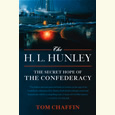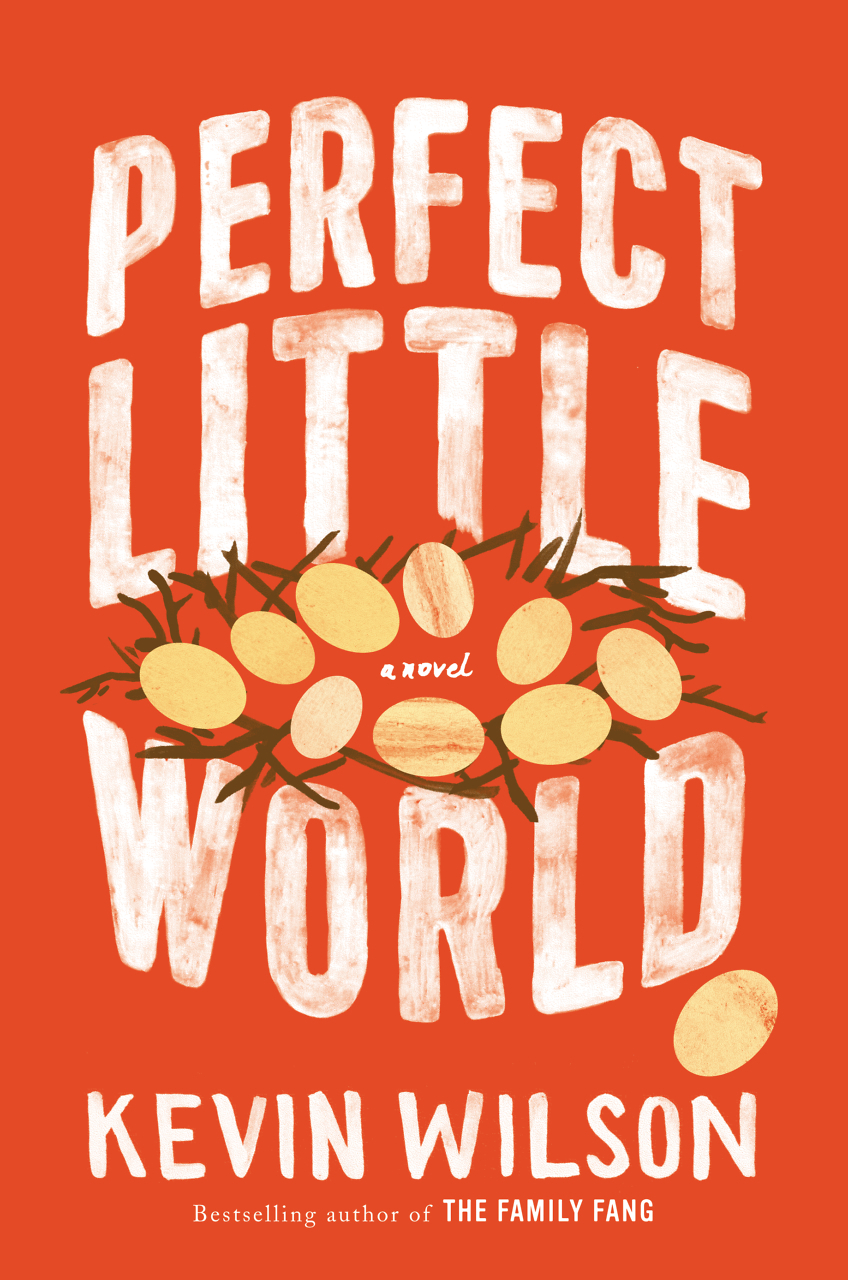A Mother’s Whisper
Novelist Dolen Perkins-Valdez explores the legacy of a remarkable place in Happy Land
Ask anyone what defines Southern literature, and the answer is likely to include the importance of place – the land from which our stories spring. But for years now, I’ve wrestled with how many stories have been excluded from this regional designation, how many people have lived just as fully off the land even as they were denied the right to call that land their own.
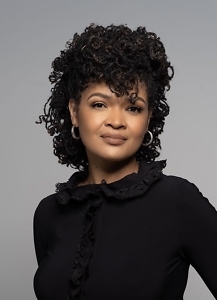
Memphis native Dolen Perkins-Valdez knows this disconnect. In the author’s note to her triumphant new novel Happy Land, she writes, “This relationship to the land is fundamental to how we Southerners view ourselves,” even as she explores the systems of oppression that have made that relationship impossible for so many: “Black folks lost their land in all kinds of predatory ways. Racial terror. Lynching. Intentionally increased taxes that they couldn’t afford. And sometimes outright theft. Some estimate that African Americans lost nearly 90 percent of their land over the course of the twentieth century.”
Happy Land traces one family’s history across multiple generations, focusing primarily on two narrative strands. The first is set in the present and features Washington, D.C., real estate agent Nikki Lovejoy-Berry and her estranged grandmother Mother Rita, the last remaining descendant of the Kingdom of the Happy Land, a large settlement in the mountainous region straddling North and South Carolina. The settlement was established in 1873 by a group of formerly enslaved people who fled Klan violence and reclaimed the royal legacy left behind when they were forcibly displaced from Africa. Intertwined with Nikki’s efforts to save Mother Rita from eviction after a property dispute erases her claim to her land is the story of Luella, Nikki’s great-great-great-grandmother and Happy Land’s original queen.
Luella was the first in a long line of strong women who have passed wisdom and strength to their daughters, often in the form of stories. When Nikki asks Mother Rita how she knows so much about Happy Land, a part of history barely recognized by scholars, Mother Rita replies, “Because my mama told me and her mama told her. Much as I love the historical record, it doesn’t have all the answers, especially when it comes to our stories. Some history passed from mouth to mouth. Some history came down in the form of a mother’s whisper.”
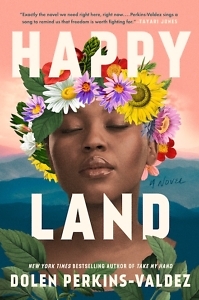 But just as that generational knowledge can be preserved, it can also be lost. Losing the Kingdom of Happy Land, Nikki muses, “meant we’ve lost connection as a family and our knowledge of ancestral legacy. We’re no longer stewards of the land. Mama no longer puts her hands in the earth, and neither do any of us descendants. Maybe if we still owned a place for repair and refuge, we wouldn’t have crumbled into pieces as a family.”
But just as that generational knowledge can be preserved, it can also be lost. Losing the Kingdom of Happy Land, Nikki muses, “meant we’ve lost connection as a family and our knowledge of ancestral legacy. We’re no longer stewards of the land. Mama no longer puts her hands in the earth, and neither do any of us descendants. Maybe if we still owned a place for repair and refuge, we wouldn’t have crumbled into pieces as a family.”
The yearslong rift between Mother Rita and Nikki’s mother, Lorelle, goes unexplained for much of the novel. But as Mother Rita’s situation grows more dire and her health issues come to light, four generations of Lovejoy women — Rita, Lorelle, Nikki, and her daughter Shawnie — are reunited, and the historical hurts are exposed. Lorelle, an accountant who escaped her small-town upbringing as soon as she could, doesn’t understand Rita’s ties to the land: “What difference does it make if we lose it? None of us is moving back here to this old scrubby mountain, anyhow.” Rita’s response is a forceful rebuke: “It makes a whole hell of a difference, Lorelle. It’s our legacy! This land made us who we are!”
With Nikki as a bridge, the elder Lovejoy women can begin to heal, and Nikki can begin to discover a vision of herself informed by her ancestry. Earlier, as she tries to help her mother understand why believing in the kingdom matters so much, she explains, “I realized that maybe I would’ve done different if I’d known I was descended from royalty. Maybe I would’ve gone to college or dreamed bigger.” Through her time with Mother Rita and with the drumbeat of Luella’s story in her ears, Nikki understands that she isn’t trapped in her present and that she can make her own way into the future.
Though the Kingdom of Happy Land has remained mostly hidden from record, it was a real place and represents countless true stories of Black Southerners whose ties to the land are as deep as any found in the pages of William Faulkner or Flannery O’Connor. Perkins-Valdez’s significant research infuses every page of the novel, informing Luella’s story with rich details like the healing liniment the women make and sell and the steps they took to build and prosper their kingdom. She describes Happy Land as “both a literal and metaphorical manifestation of a people’s desire to rise into their full humanity.”
This desire, reflected in Mother Rita’s fierce fight to preserve her family’s legacy and in Nikki’s hope to grow something new for herself, resonates across time, proving once again how necessary it is to remain tied to the stories and the land that made us.
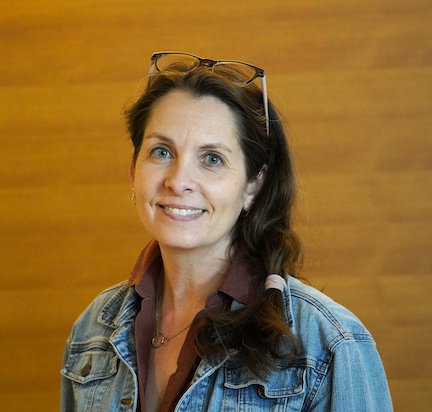
Sara Beth West is a librarian and a freelance writer focusing on book reviews and author interviews. In addition to Chapter 16, publications include Kirkus, Shelf Awareness, BookPage, Southern Review of Books, and more. She lives in Chattanooga.
